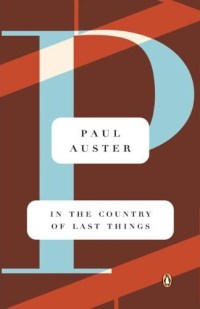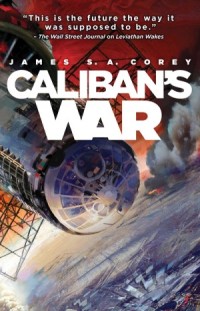Burrows by Reavis Z. Wortham
 Monday, July 2, 2012 at 10:03AM
Monday, July 2, 2012 at 10:03AM Published by Poisoned Pen Press on July 3, 2012
The first Red River Mystery, The Rock Hole, is a novel I strongly recommend to thriller fans. In addition to its spectacularly creepy villain and almost unendurable suspense, the novel introduces richly textured, immensely likable characters. While it is mildly disappointing but not surprising that the second Red River Mystery doesn't warrant the same high praise, Burrows tells an exhilarating story, creates a strong sense of time (1964) and place (the Oklahoma-Texas border), and further develops the characters who were central to the first novel.
Ned Parker has retired as Constable (a decision he regrets) but local folk are used to calling him when there's trouble. A headless body in the river qualifies as trouble. Before Ned and the new Constable, Cody Parker, can get a handle on the murder, more bodies (some headless) turn up, leading officers to investigate booby-trapped tunnels that lead through the mountains of trash that have piled up in the Cotton Exchange (a rather extreme case of hoarding). Since the building is on the wrong side of the color barrier, the town's all-white power structure has studiously ignored the problem. The job of ferreting out the killer from the rubbish falls to Cody, based on his experience as a tunnel rat in Vietnam, with an able assist from John, the black sheriff's deputy whose job is to enforce the law in the black community.
Cody plays a much larger role in Burrows than he did in The Rock Hole. Ned plays a significant role, but the real stars continue to be Ned's grandson Top and Top's foul-mouthed cousin, a girl named Pepper. Top has some trouble of his own -- his cussing and smoking and hooky playing do not sit well with Ned -- but (thanks to Pepper's "encouragement") Top always finds himself near the dangerous situations that Ned and Cody and John encounter. When he isn't getting in the way, Top contributes to the effort to catch the killer.
Dialog is authentic, the pace is lively, and the story entertains. Burrows is a less effective mystery than The Rock Hole (the killer's identity is never a mystery in Burrows, although his true nature comes as a bizarre surprise), and while Reavis Wortham tries to duplicate the horrific elements that made The Rock Hole so chilling, he doesn't quite pull it off. The social issues that worked so well in The Rock Hole are less prominent in Burrows. Still, Burrows is a fun reading experience. The story generates suspense but the characters give the novel its charm. While I would recommend reading The Rock Hole before Burrows to gain a deeper appreciation of the characters (and because The Rock Hole is a better book), I can recommend Burrows to fans of The Rock Hole -- with the caveat that readers shouldn't expect the same level of intensity.
RECOMMENDED



